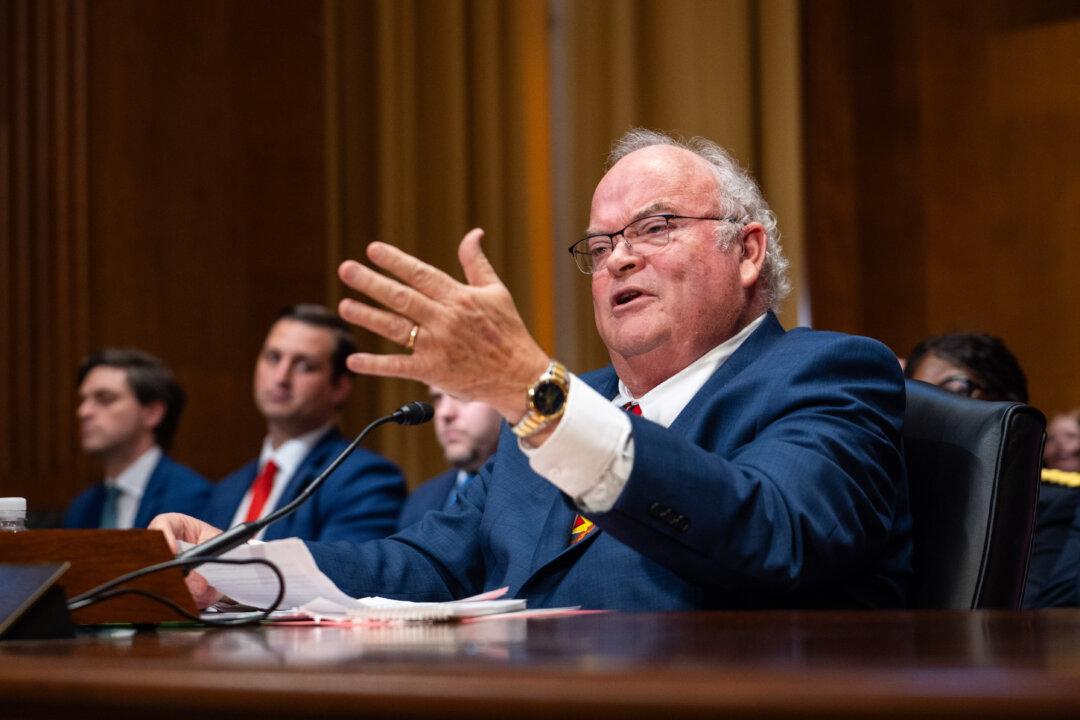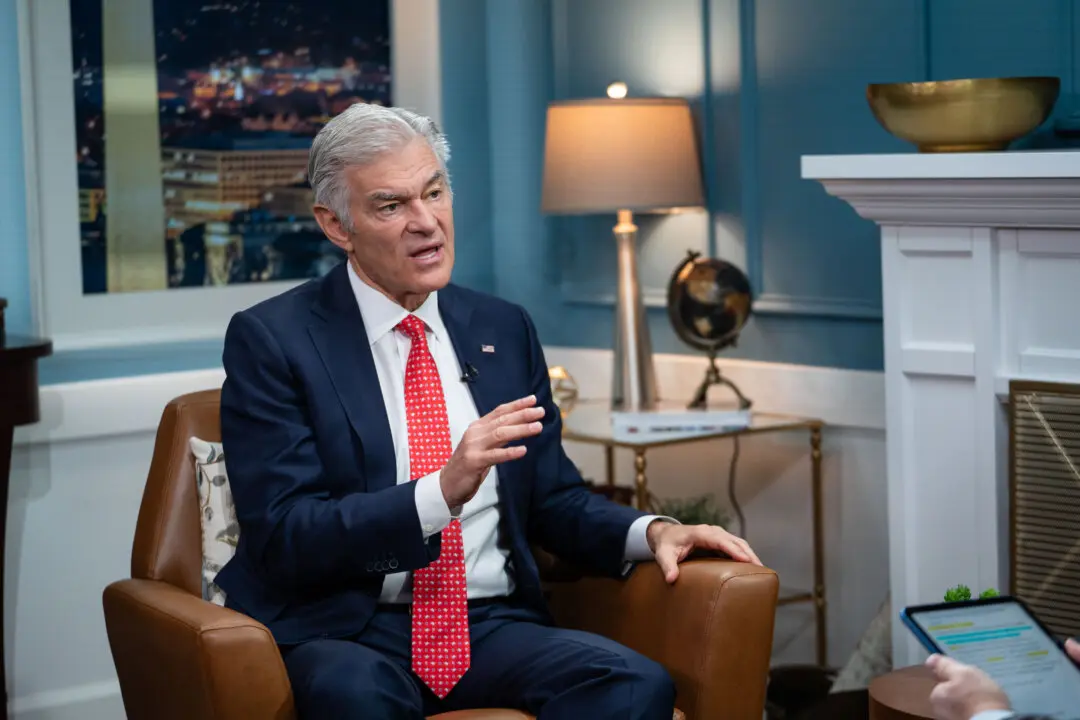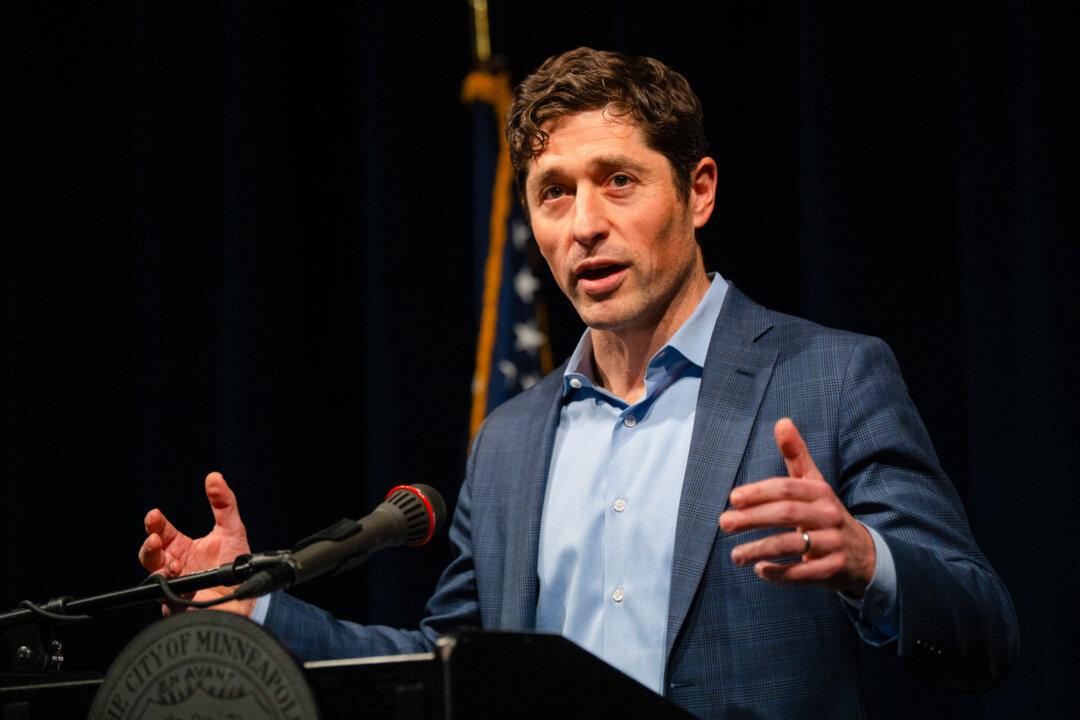Former congressman Billy Long, President Donald Trump’s nominee to head the IRS, on May 20 pledged to improve the agency to better serve taxpayers.
In testimony before the Senate Finance Committee, Long said taxpayers have consistently complained about delayed refunds and poor customer service. Those are among the many issues that Long pledged to correct.





